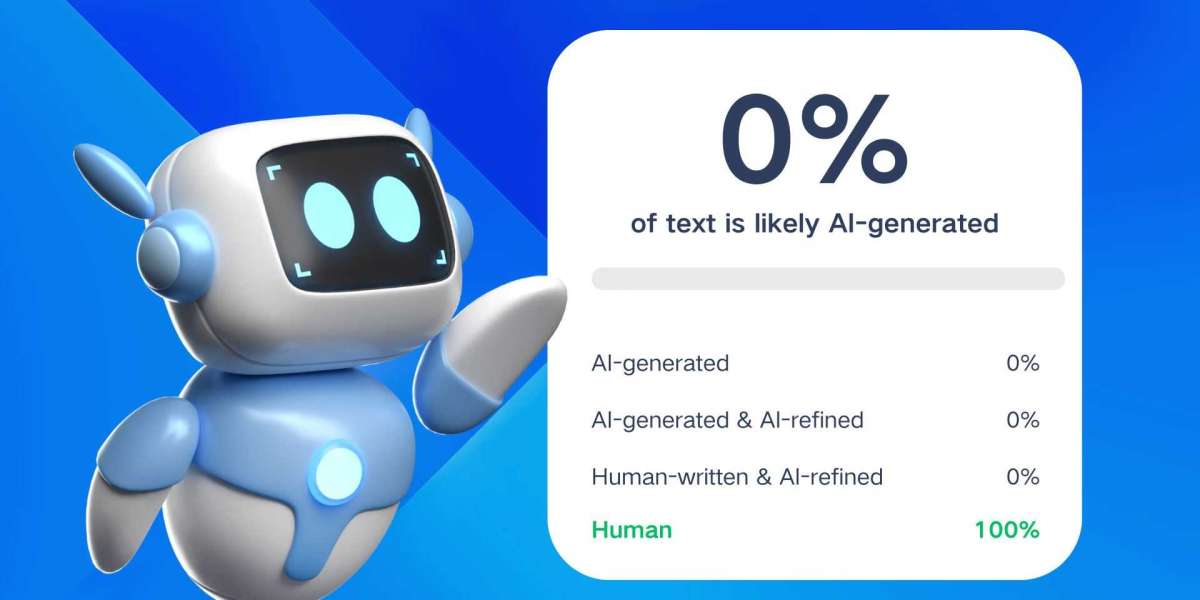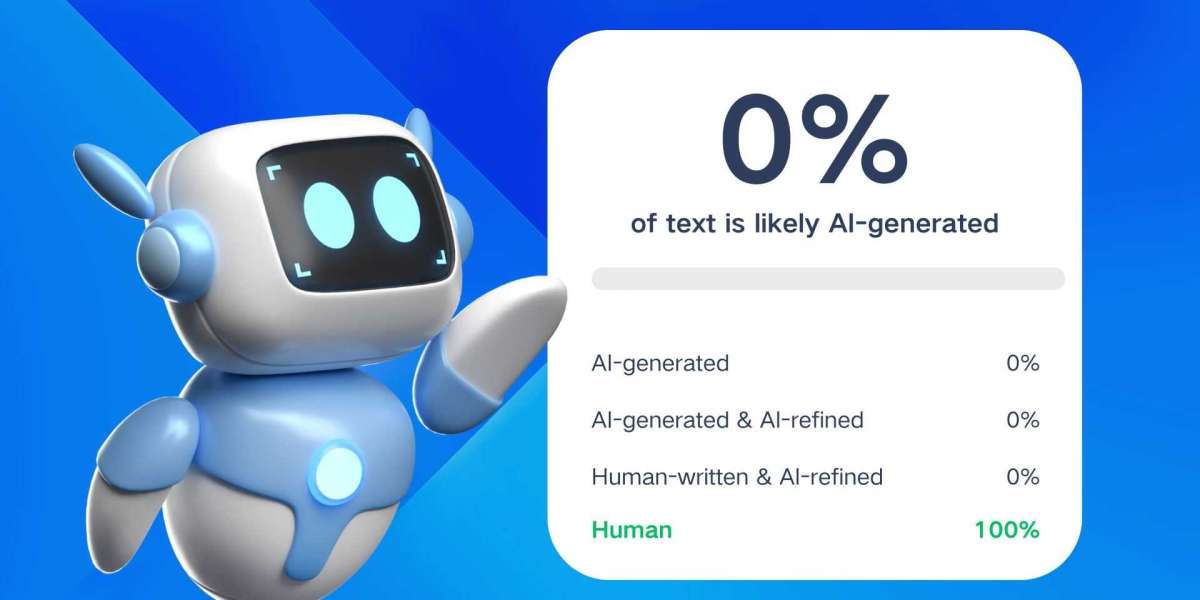Tabeer – What This Word Means to Me
Introduction
Some words go beyond language—they carry emotions, stories, and deep meanings. For me, one of those words is Tabeer. I first came across this beautiful Urdu word in a poem. Since then, I’ve felt a strong connection to it. It’s a word I now think about often, and in this article, I want to share my understanding and experience with Tabeer.
What Does “Tabeer” Mean?
Tabeer (تعبیر) is an Urdu word that means interpretation, especially the interpretation of dreams. But over time, I’ve come to realize that it’s more than that. For me, Tabeer is about understanding the meaning behind our goals, dreams, and life events.
When people say, “meri tabeer poori hui” (my dream came true), they aren’t just talking about dreams during sleep. They’re talking about hopes, desires, and life goals. This is what makes the word so powerful.
How I First Connected With Tabeer
My journey with the word Tabeer started when I read a couplet by Allama Iqbal. It spoke about dreams and their meaning. It made me wonder—what is the meaning behind my own dreams? Not just the dreams I see at night, but the ones I carry in my heart.
Since then, I’ve used Tabeer as a personal symbol. It helps me focus on what I want in life and reminds me to work toward my goals with purpose and patience.
Tabeer in Literature and Poetry
One of the reasons I admire this word is because of how beautifully it is used in Urdu literature and poetry. Famous poets like Faiz Ahmed Faiz, Mirza Ghalib, and Allama Iqbal have used "Tabeer" to describe hopes, freedom, and life’s journey.
Here’s what I’ve noticed: whenever a poet writes about "Tabeer," they are usually talking about something deeper than just a simple dream. They are talking about the struggle behind that dream, and the joy that comes with achieving it.
Tabeer in Spiritual and Religious Context
In many cultures, dreams are believed to carry spiritual meanings. In Islam, dream interpretation has a respected place. The story of Prophet Yusuf (Joseph) is a famous example. He had dreams and also helped others by interpreting theirs. This is also known as Tabeer-e-Khwab.
While I’m not an expert in dream interpretation, I do believe some dreams guide us. They reflect our subconscious mind, our fears, our hopes, and sometimes, our future plans. Thinking about their Tabeer helps me understand myself better.
Related articles, top property developers in dubai
Tabeer in My Daily Life
To me, Tabeer is not just a word I read in poems. It’s a part of my everyday thinking. When I plan something important or hope for a big change, I ask myself:
- What is the Tabeer of this dream?
- Am I working toward it or just waiting?
- What lessons am I learning along the way?
These questions help me grow. They help me stay patient when things take time. They remind me that Tabeer isn’t always quick—it often comes after struggle, faith, and effort.
The Emotional Side of Tabeer
Tabeer also carries emotion. Sometimes, we dream of things that don’t happen the way we want. That can hurt. But I’ve learned that even when a dream doesn’t come true, it has a Tabeer—a meaning. It teaches us, shapes us, and moves us forward in life.
This is one of the most comforting things I’ve learned: Tabeer is not always about success. Sometimes it’s about growth.
Why Tabeer Matters in Today’s World
We live in a time where people are always chasing goals—money, success, fame. But sometimes, they forget to stop and ask: Why do I want this? What does it mean for me?
This is where Tabeer comes in. It helps us slow down, reflect, and find true meaning. In a world full of noise, Tabeer brings quiet clarity.
Final Thoughts
Every person has dreams. But not everyone takes the time to understand their dreams. For me, the word Tabeer is a gentle reminder to look deeper. Whether I’m dreaming big or going through hard times, I try to find the Tabeer—the reason, the lesson, the message. Tabeer has become more than just a word for me. It’s a way of thinking, a way of understanding life, and
For more information, visit here








